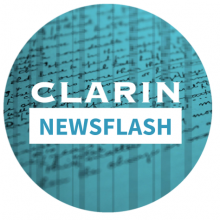Annual Conference: Overview | Programme | Registration
News
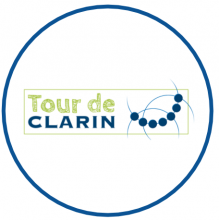
Pipe is a modular toolchain that allows researchers to combine multiple natural language processing tools in a unified framework. It provides the gluing code that is used to combine tools even if they are written in different programming languages and rely on conflicting library versions.
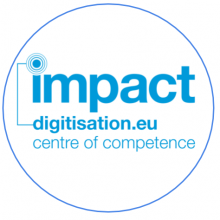
Blogpost by Mikel Iruskieta describing a research sample case that was succesfully conducted thanks to the services offered by the IMPACT centre of competence - CLARIN K-centre in digitisation
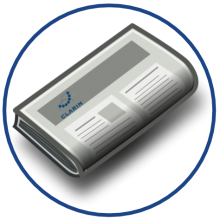
In this edition: Access to CLARIN federated login for South Africa, Results of your feedback in the 4.6 beta, Data & Service announcements from our centres, Best Practices guide: updated version available, Maintenance announcements, New FAQs

Blog post written by Beatrice Nava who used the CLARIN Mobility Grant in order to enrich her studies about digital editions of Ancient Greek fragmentary poetry and Digital Humanities at the Centre for Language Technology (Department of Nordic Studies and Linguistics, University of Copenhagen).

The Latvian FrameNet-annotated text corpus is a balanced, multilayered corpus annotated according to the latest frame inventory of Berkeley FrameNet.

Tour de CLARIN highlights prominent User Involvement (UI) activities of a particular CLARIN national consortium. This time the focus is on Latvia and Sanita Reinsone, a leading researcher at the Institute of Literature, Folklore and Art at the University of Latvia.
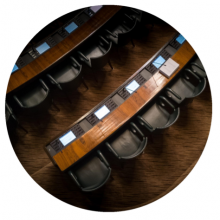
A workshop on a proposed standard format for parliamentary data is organised by the CLARIN Interoperability Committee in close collaboration with Tomaž Erjavec and Andrej Pančur from CLARIN Slovenia.

The seminar Tools and Resources for Digital Humanities Research was organized by the staff of the Artificial Intelligence Laboratory and brought together a wide range of humanities researchers, including philologists, journalists, political scientists, translators, librarians, historians and other representatives of the Humanities and Social Sciences
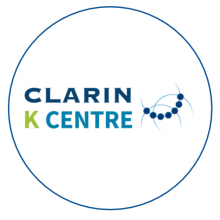
CLARIN is pleased to announce that IMPACT-CKC, TRTC, CLARIN-SMS and CLARIN-DiaRes have been officially recognized as CLARIN Knowledge centres (K-centres)
